This month, we delve into the topic of preparedness during a disaster, seen here in our blog entry last week. This week, we sat down with our board member and Treasurer, Mike Davidson to talk about financial preparedness in an event of an emergency. Mike is a senior auditor with Isler CPA, the IWRC’s accounting firm, and has experience in not-for-profit and financial institution audits, review of internal control and policy, and a strong knowledge in bookkeeping and review.
What are some financial advice you can give to non-profit organizations in case of a disaster?
Well, the most obvious is to have some form of back-up available. For example, if you are using QuickBooks Online (an online accounting software), it needs to be backed up. They do that pretty much already since it’s online and everything is cloud-based and off-site. If your location gets hit by a meteor, your organization will be fine, from a financial perspective.
With changes in the economy, you also need to have some form of reserve, savings, or unrestricted asset (whether cash or donation) that does not have a specific restriction on it by the donor for a specific purpose. That’s a big deal. Basically, having a plan is the most obvious way to go about it. It’s always best to think ahead in the future and not plan for next week. A good budget process helps in that, because you’re essentially saying, “We have a limited amount of assets and resources, so how do we spend these resources wisely?”
Are these financial steps different from what for-profit corporations would do?
There are similarities, but in the corporate world, the focus is based more on product lines and how these divisions will be affected by changes in the market. In the event of a disaster, some areas get affected but some others don’t. But in non-profit organizations, what is the overall community’s opinion towards giving? That’s one thing to be prepared for. While corporations are thinking about how their customers and products might be affected, the non-profit organization is more concerned about the community based in the particular industry: who will still support this cause?
What kind of information do you need to gather from donors when they donate?
Besides basic biographical information, tax information is needed too for tax deduction purposes. The most important thing is to understand if the donor has placed any restrictions on the donation. At the end of the year, we need to disclose big restrictions on our funds; money that can only be spent on a certain cause, and if you don’t, the donor has the right to take their money back. It’s important to track donations – what’s given and restricted and to ensure it matches accordingly to our expenses.
During the end of the year, what does a non-profit organization need to do financially?
When you’re closing down your year, it involves a review of your transactions, balance sheets, income statements and asking yourself, “Are we complete?” Transactions such as invoices and bills that should have been recorded the previous year but have been received in the current year record an accrual.
The next question is if we are ready to present the statements to the board and to answer questions they might have. The board will be interested in the net position of the organization, which basically means how financially well-off are we? We can see right away how we’re doing in comparison to last year and that helps to make decisions in the next year, be it understanding our givers and changing what we’re doing to be able to make our community donate more to our cause.

Leave a Reply
You must be logged in to post a comment.